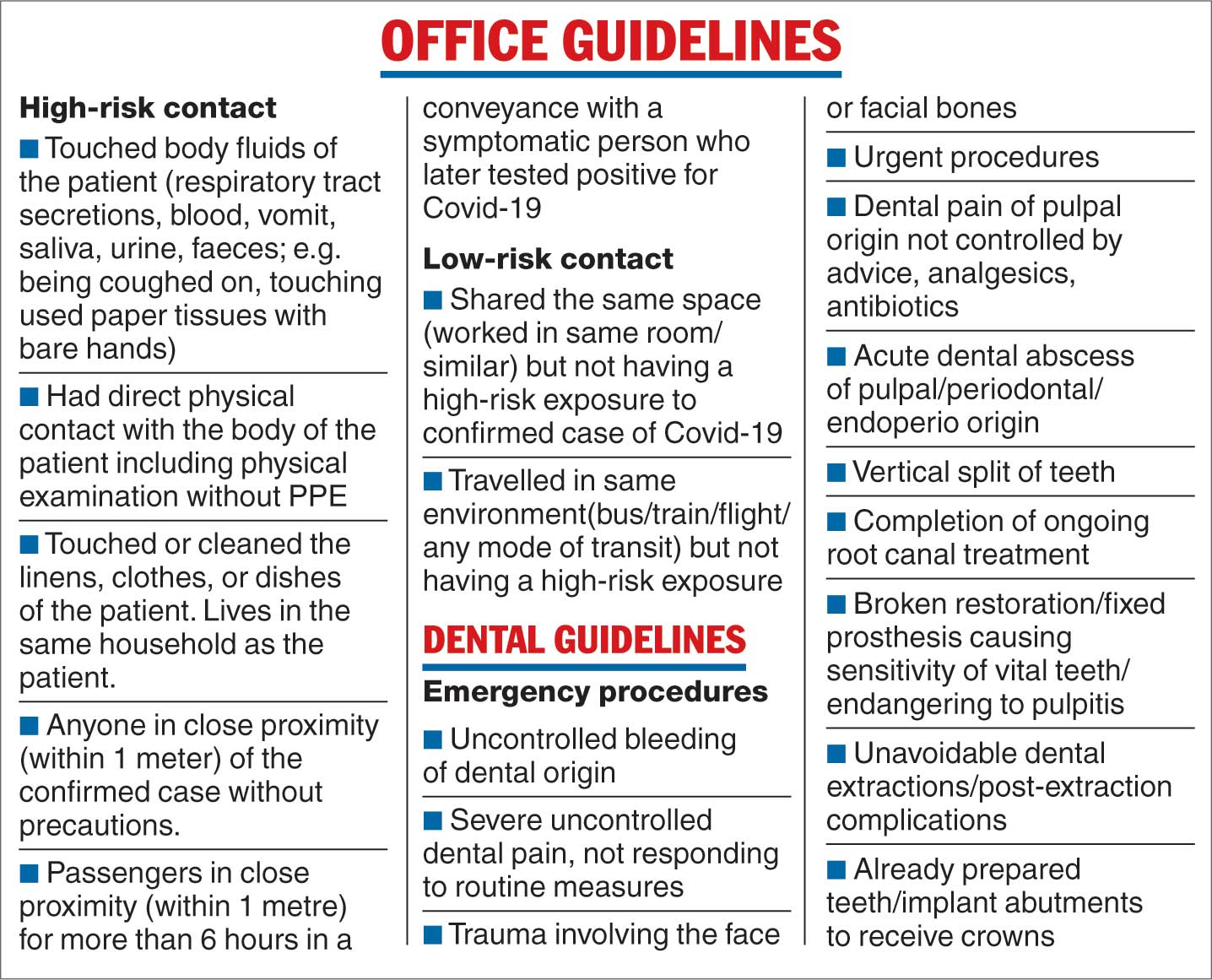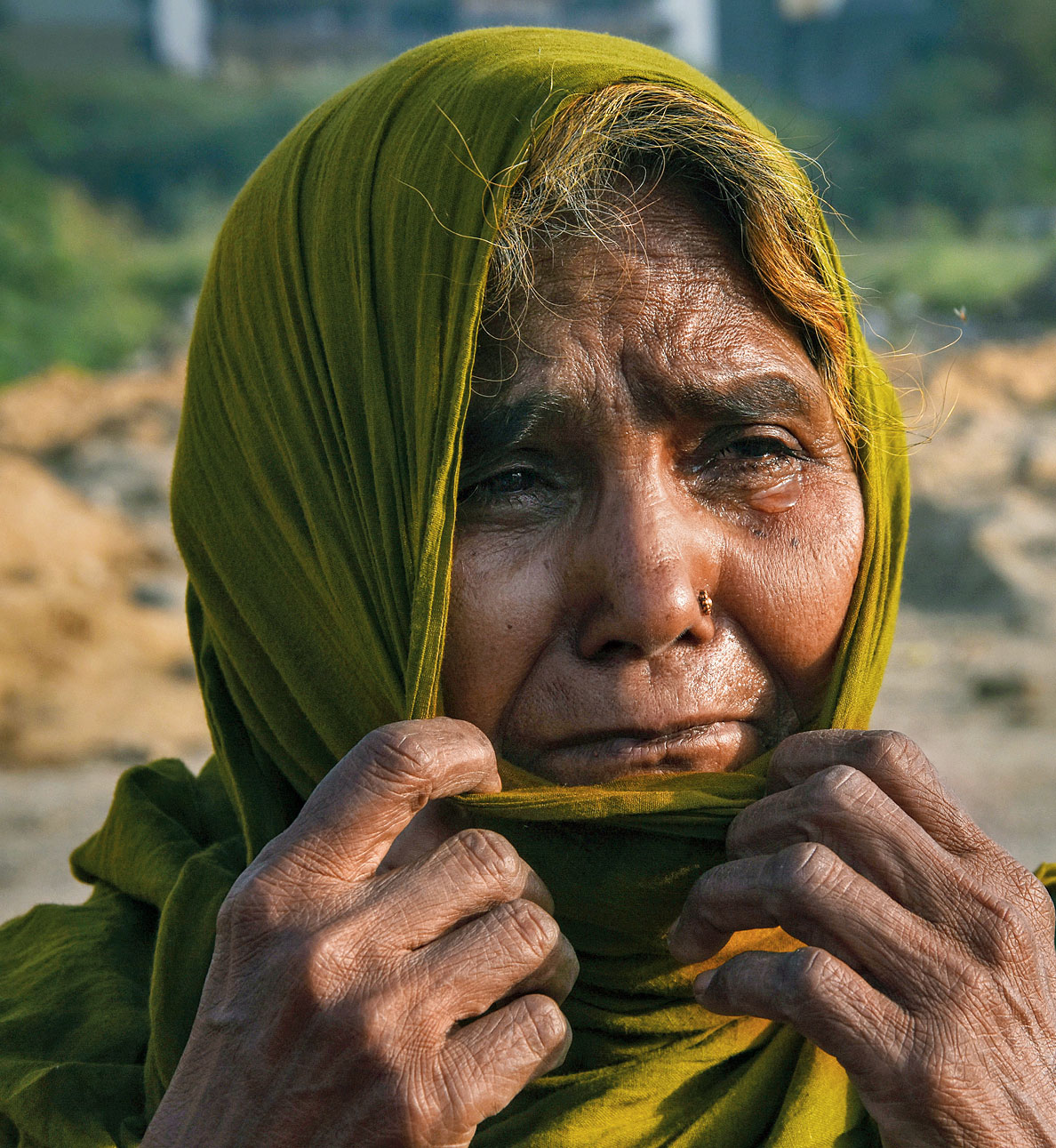Anyone at a workplace with respiratory symptoms that resemble those of the coronavirus disease would need to be isolated and investigated by health authorities, the Union health ministry has said in guidelines to prevent the spread of Covid-19 at workplaces.
The guidelines would require any employee with symptoms such as fever, cough, or breathlessness to be isolated from others in a room or area and district-level health authorities would need to assess the employee as a “suspected Covid-19” or “non-Covid-19” case.
The non-Covid-19 employee would, if required, be asked to approach a non-Covid-19 hospital while a suspected Covid-19 employee would be asked to stay under home isolation conditions if the symptoms are mild, pending a diagnostic test.

The workplace guidelines also define sets of “high-risk” contacts of positive cases who would need to quarantine themselves at home for 14 days and “low-risk” contacts who could continue working.
They point out the possibility that an asymptomatic case or a pre-symptomatic case in a workplace could give rise to a large number — a cluster — of infections emerging but principles of quarantine and isolation would apply.
The guidelines come amid expectations of increasing economic activities after May 31 and rising coronavirus counts.
Health authorities on Tuesday recorded 4,970 new patients with Covid-19, raising the total confirmed cases to 101,139, of whom 39,174 have recovered and 3,163 have died.
If a workplace reports only one or two cases, the disinfection procedure would be limited to places or areas visited by the patients during the 48 hours prior to diagnosis.
The guidelines specify that there is no need to close the entire building or office or halt work in other areas of the office where work may resume after disinfection.
But for larger outbreaks, the entire building would need to be closed for 48 hours after disinfection and staff would need to work from home until the building is ready for reoccupation.
The health ministry on Tuesday also released guidelines for dental clinics, specifying emergency and urgent procedures they may perform in non-containment zones and urging patients with respiratory symptoms to defer dental treatment.
Dental conditions that require priority care but do not increase the patient’s death risk are classified as urgent while conditions that increase the patient’s death risk are emergencies.
Dental clinics will remain closed within coronavirus containment zones but may provide emergency and urgent services in other zones, according to the guidelines.











